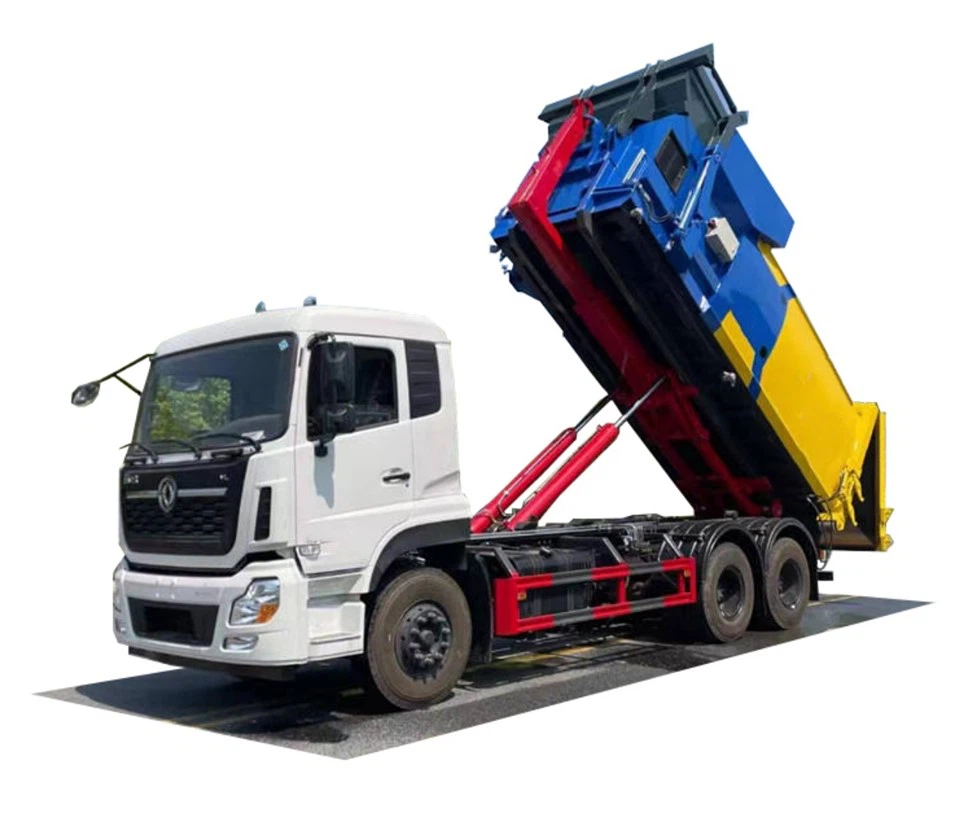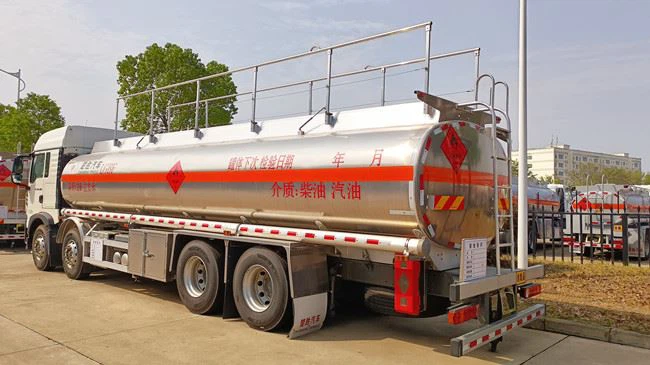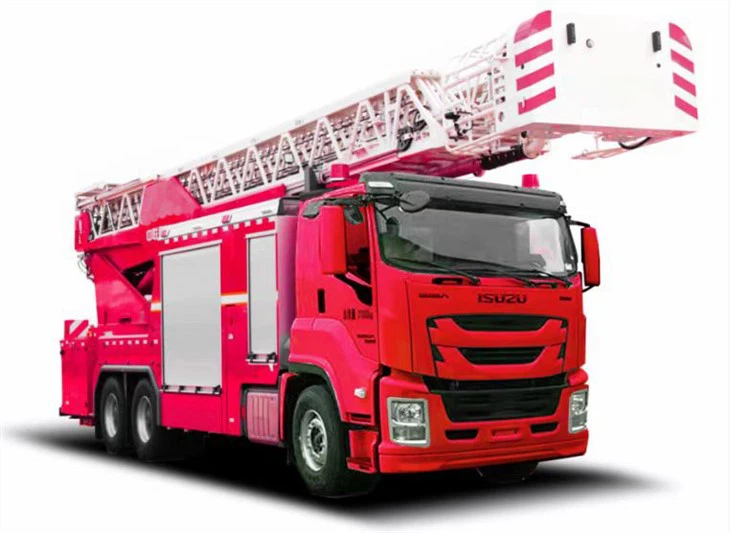Garbage trucks play a crucial role in maintaining the cleanliness and health of our communities. These vehicles are the frontline defenders against waste accumulation, enabling efficient waste collection and disposal. This article delves into the various aspects of garbage trucks, from their types and operations to their importance in modern society. We will explore practical examples, tips, and answer frequently asked questions to provide a comprehensive understanding of this essential service.
Understanding Garbage Trucks
What Are Garbage Trucks?
Garbage trucks are specialized vehicles designed for the collection and transportation of waste materials. They come in various shapes and sizes, tailored for different types of waste and collection methods. Their primary function is to ensure that waste is removed efficiently and hygienically from residential and commercial areas.
Historical Background
The use of garbage trucks dates back to the late 19th century when horse-drawn carts were utilized for waste collection. Over the decades, advances in technology led to the development of motorized garbage trucks, greatly improving efficiency. Modern garbage trucks incorporate various innovations, such as compaction systems and automated loading mechanisms, making waste disposal safer and more efficient.
Types of Garbage Trucks
1. Front-Loader Garbage Trucks
Front-loader garbage trucks are designed with forks at the front that lift and dump waste into the truck’s container. These trucks are commonly used for commercial waste collection due to their high capacity and efficiency.
Examples and Uses

- Commercial Areas: Typically used in business districts for collecting large volumes of waste.
- Construction Sites: Efficient for disposing of construction debris.
2. Rear-Loader Garbage Trucks
Rear-loader garbage trucks have an opening at the back and are loaded manually or with automated arms. This type of truck is popular for residential waste collection.
Examples and Uses
- Residential Services: Commonly used for curbside collection in neighborhoods.
- Small Business Waste: Suitable for small enterprises needing regular waste management.
3. Side-Loader Garbage Trucks
Side-loader garbage trucks are equipped with an arm that extends from the side to collect waste bins. These trucks are often used in areas where space is limited.
Examples and Uses
- Urban Areas: Perfect for collecting waste in narrow streets.
- Controlled Environments: Used in gated communities where access may be limited.
The Technology Behind Garbage Trucks
Mechanisms of Waste Collection
Modern garbage trucks are equipped with advanced technology that enhances their functionality. Key mechanisms include:
- Hydraulic Systems: Used to lift and compact waste, ensuring maximum space utilization.
- Composting Options: Some trucks are designed to handle organic waste for composting.
- GPS Tracking: Helps in optimizing routes and improving efficiency in collection schedules.
Innovations in Garbage Collection
Recent innovations aim to increase efficiency and minimize environmental impact:
- Electric Garbage Trucks: Reducing carbon emissions significantly.
- Automated Sorting: Advanced systems that sort recyclables and general waste during collection.
Importance of Garbage Trucks in Waste Management
Environmental Impact
Garbage trucks are vital in reducing the environmental impact of waste. By effectively collecting and transporting waste, they prevent illegal dumping and littering, enhancing community hygiene and public health.
Economic Efficiency
Investing in efficient garbage trucks and waste management systems can lead to cost savings for municipalities. Proper waste management reduces long-term landfill costs and promotes recycling initiatives.
Public Health and Safety
The presence of garbage trucks ensures that waste does not accumulate, which can attract pests and create unsanitary conditions. Regular waste collection is essential for reducing the risk of health hazards in communities.
Best Practices for Garbage Truck Operations
1. Establishing Efficient Collection Routes
Municipalities should continuously evaluate and optimize garbage collection routes to ensure maximum efficiency and minimal fuel consumption.
2. Promoting Recycling and Waste Segregation
Collaboration with communities to promote recycling and segregation at the source can reduce the amount of waste needing collection.
3. Scheduling and Frequency
Adjusting collection frequency based on waste generation rates can help manage resources better and ensure timely waste removal.
Challenges Facing Garbage Truck Services
1. Growing Waste Generation
As populations grow, the amount of waste generated increases, putting pressure on waste management services and garbage trucks.

2. Environmental Regulations
Garbage trucks must comply with increasing environmental regulations, which can necessitate costly upgrades and adjustments.
3. Public Perception
Public sensitivity towards waste management practices necessitates transparency and engagement to address concerns and promote cooperation.
Future of Garbage Trucks
Trends and Predictions
As technology continues to advance, we can expect the following trends in garbage truck operations:

- Smart Waste Management: Integration of IoT for real-time monitoring and management.
- Increased Automation: More automated systems to reduce labor costs and enhance efficiency.
Community Involvement
Engaging communities in waste management initiatives will be essential to achieving sustainability and efficiency in waste collection.
FAQs About Garbage Trucks
1. How often do garbage trucks collect waste?
Typically, garbage trucks collect waste once or twice a week, depending on the municipality and the type of waste.
2. What happens to the waste after it is collected?
After collection, the waste is transported to landfills, recycling centers, or composting facilities for further processing.
3. Are garbage trucks environmentally friendly?
Many garbage trucks are transitioning to electric or hybrid models to reduce emissions. Their efficiency in waste collection helps minimize environmental impact.
4. How is the capacity of garbage trucks measured?
Garbage truck capacity is usually measured in cubic yards, indicating how much waste they can carry in a single trip.
5. Can individuals request special pickups for large items?
Most municipalities offer special bulk waste collection services for large items. Residents should check with their local waste management service for scheduling details.
6. What is the cost of managing garbage truck services?
The cost varies by municipality, depending on the size and frequency of collections, as well as the total waste generated in the community.




